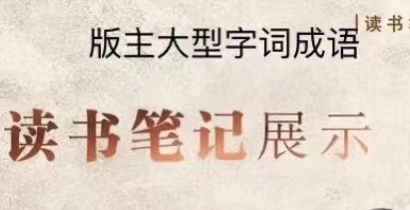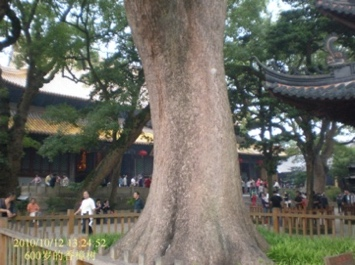surprise /səˈpraiz/ I. vt. 1.使惊奇,使震惊:The victory greatly surprised us. 胜利使我们很震惊。surprised me was that he spoke English so well. 使我惊奇的是他英语说得这么好。surprise with 出其不意地:They surprised me with a visit. 他们出其不意地来看我。 2.感到惊奇(用于过去分词作表语,跟不定式、从句和at短语):I’m surprised to hear you say that. 听到你说那件事我很惊奇。I’m surprised you didn’t see all that before. 我很惊奇你从前没有见过这一切。We were surprised at finding the house empty.我们惊奇地发现那房子空着。 3. 撞上某人(做某事): surprise a thief 碰上一小偷 Mother surprised me raiding the icebox. 母亲碰上我正在翻冰箱。 4.对…发起突然袭击:surprise the enemy from the rear 从尾部袭击敌人 ‖II. n. 1.[u]惊奇;[c]使人吃惊的事: His face showed a surprise at the news. 听到这消息他脸上露出惊奇的神色。What a surprise to see you here! 在这儿见到你真出乎我们意料! 2.出人意料的(用作定语):He paid them a surprise visit. 他对他们进行了出乎意料的访问。in surprise 惊奇地:“How do you come to know it?” asked the man in surprise. 那人惊奇地问“你怎么知道的?” to one’s surprise 使人吃惊的是:To our surprise he succeeded. 使我们吃惊的是他成功了。take sb. by surprise使某人吃惊:His answer took us by surprise. 他的回答使我们吃惊。
surprising adj.令人惊讶的:surprising news惊人的消息
surprisingly adv. 令人惊讶地:[考句] Not surprisingly, the process of choosing names varies widely from culture to culture.不足为奇,每种文化都有自己起名字的方法,其差别很大。
[辨析]surprise 常用来表示暂时的令人震惊的事。astonish 语气就强一些,表示一个人对意外事件非同一般的反映。amaze 指面对一项似乎不可能发生的事而表现的惊异与惶恐。









